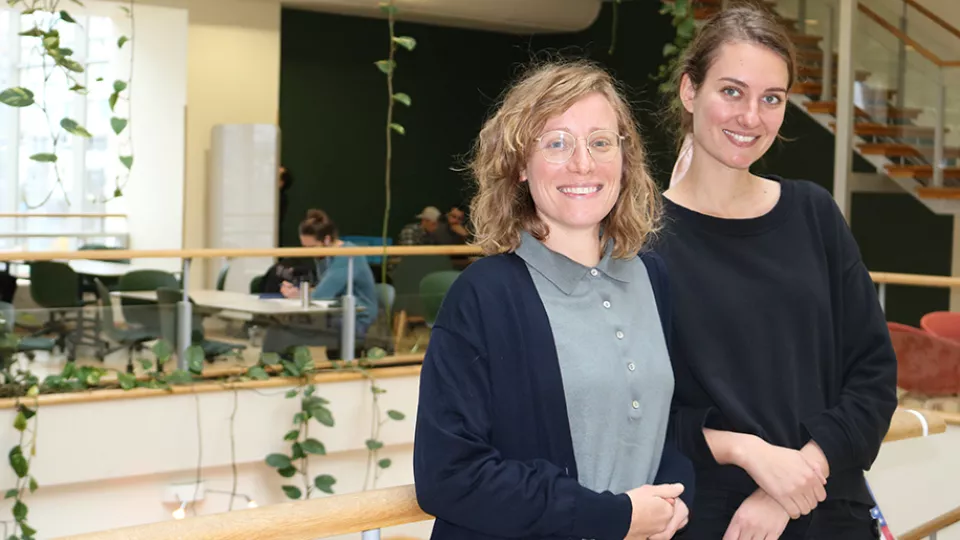Isabelle Karlsson did her Master’s in Strategic Communication at the Department between 2016-2018. After her Master’s she has worked within communication in various sectors, but decided to come back to academia. Find out more about Isabelle below;
What is you background? Why did you choose the field of Strategic Communication?
My academic background lies in communication science and sociology (BA) and Strategic Communication (MSc). I have also worked as a practitioner within journalism and brand communication in different sectors. I chose strategic communication because I believe in the power of communication and find it very interesting to look into the various aspects!
Why did you decide to do a Phd? What made you wanting to come back to academia and Lund University?
I had been thinking about doing a PhD for a longer time, but after graduating from my Masters, I first wanted to get some practical experience and apply my theoretical knowledge. I really missed academia; the way of working and the way of thinking. Also, I felt there is just so much more for me to learn and I’m really curious to dig into my topic more.
Tell us a little bit more about your area of research?
My research focuses on Sweden’s feminist foreign policy and the country’s nation branding. To me, it’s very intriguing to look into the different goals and purposes of foreign affairs, diplomacy and nation branding, how these relate to each other, and which “battles are fought” and why.
Monica Porzionatas Phd is fully funded by the Department’s research project “Rethinking urban tourism development: Dealing with sustainability in the age of over-tourism”. She recently comes from Oslo, but is now ready to face Swedish academia after testing her feet in various academic environments.
What is you background? Why did you choose the field of Strategic Communication?
I hold a MA in Semiotics from the University of Bologna and a MA in Gender Studies from Utrecht University. I have always been interested in the power of language in shaping our daily reality and I believe a PhD in Strategic Communication will allow me to gain even more knowledge on the matter.
Why did you decide to do a Phd?
Well, I can hardly think of any other work where you can study all day and meet constantly interesting bright people!
Tell us a little bit more about your area of research?
In my PhD project I am going to focus on the over-touristification of Venice and try to analyze how communicative strategies can contribute in proposing and implementing vital sustainable policies for touristic urban settings. Exciting!


